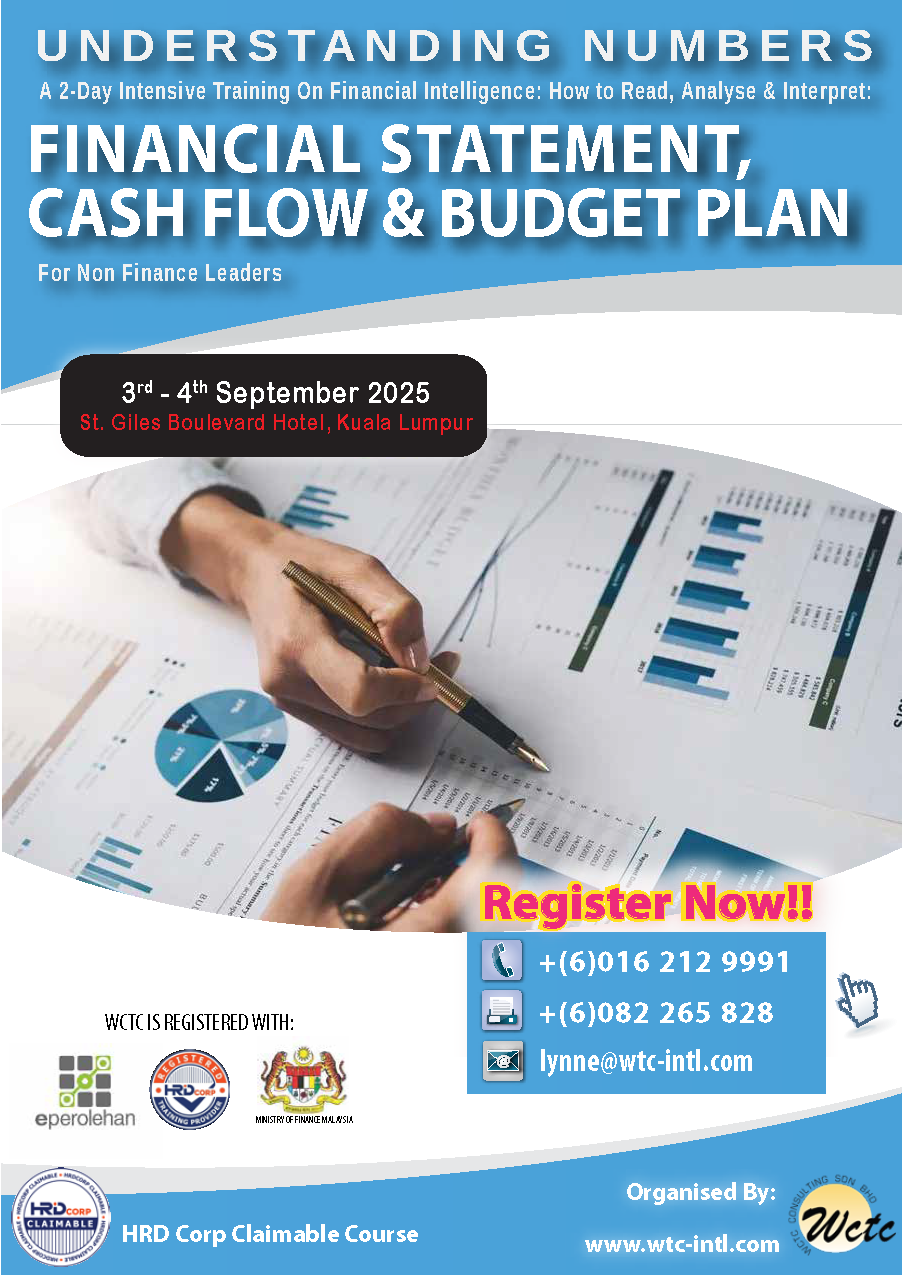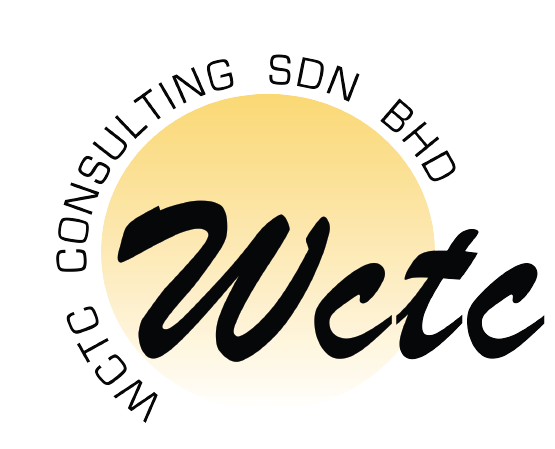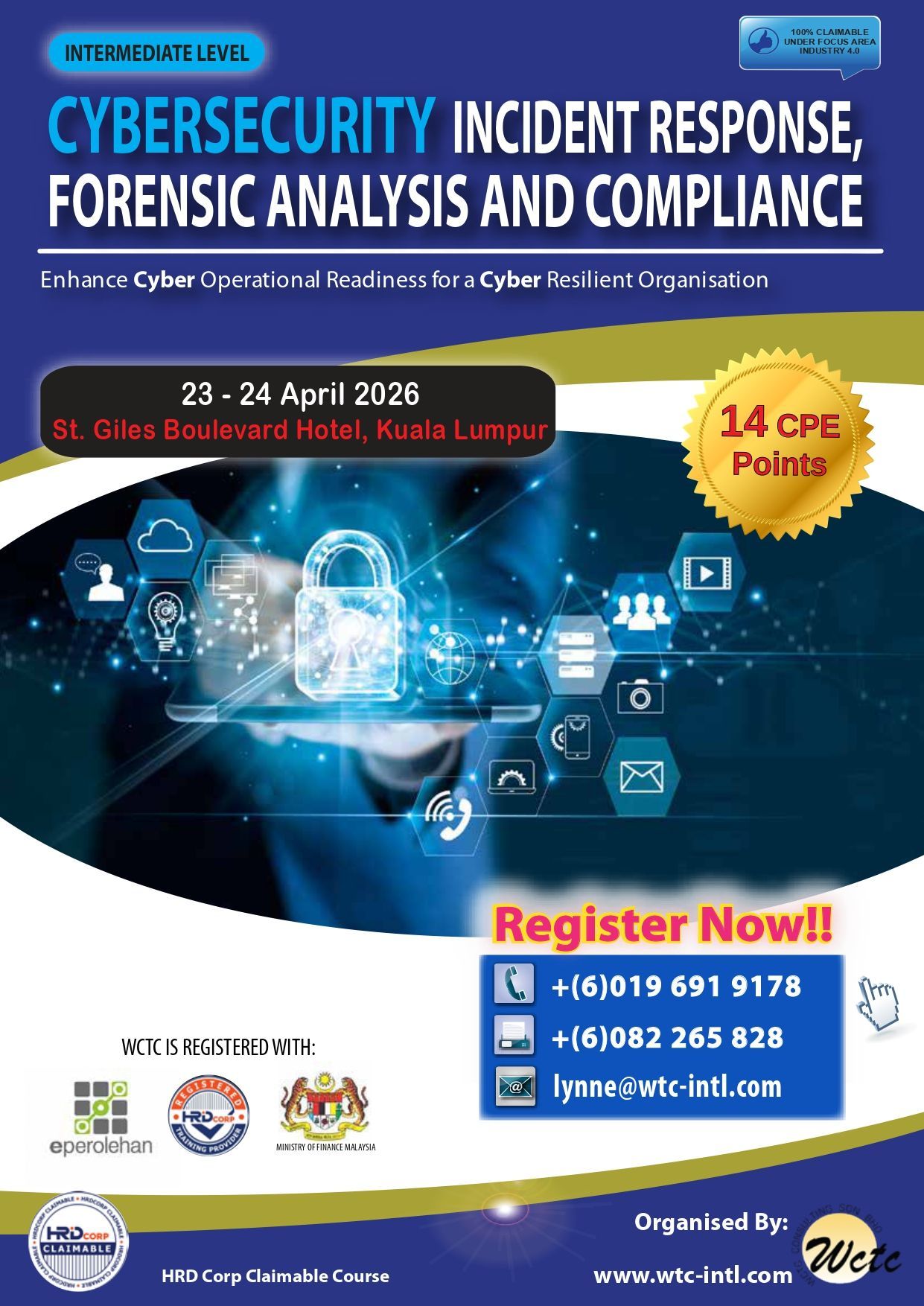Financial Statement, Cash Flow & Budget Plan (3-4 September 2025) St. Giles Boulevard Hotel, Kuala Lumpur
OVERVIEW
Increasingly, all executives, especially those moving into managerial level, need to
understand and apply financial know-how
in their daily work. Executives need to also know how the business’s operation activities are being captured in the financial reports and what they can do to help improve the business performance. Gaining financial acumen as part of management skills is very important for anyone who
wishes to progress up
the career path
in any organisation, regardless of their current role and responsibilities.
In these tough times, there is an even greater need to understand financial information, particularly the balance sheet, profit and loss account, and cash flow statement as companies strive to enhance their shareholder value. Decisions made without properly understanding the financial implications may lead to reduced profits (or even losses), and a reduction in shareholder value.
By raising financial awareness, participants are better able to manage budgets, revenues, costs, profits and cash. This workshop will provide basic financial principles and cover the generic financial management tools necessary for decision making . Learning is achieved through examples and topic-related class activities which reinforce theory and successfully simplify the financial topic for the non-financial person .
This 2-days practical course is designed to provide an introduction to basic accounting terms and basic financial knowledge to help you be a step ahead when it comes to taking on more responsibilities such as financial planning via budgeting decisions and other decisions that rely on financial data for your department and organisation. It is designed to demystify financial jargon and concepts for non-finance managers . In addition, you will learn to carry out an effective investment appraisal process. This is an essential skill for all non-finance professionals such as board members, company secretaries, directors, managers and high level executives across all industry types.
At the end of the course, you will be able to speak the same language as your finance colleagues , understand performance metrics, read and use company reports, and grasp other managerial accounting issues.
LEARNING OBJECTIVES
- UNDERSTAND the objective and concepts of basic accounting term in financial statement
- DEMYSTIFY financial jargon and concepts for non-finance managers
- ACQUIRE knowledge on reading balance sheets, income statements and cash flow statements
- READ fundamental component in financial statements and their key components
- INTERPRET the financial data to make informed business decisions and to report department performance
- APPLY financial vertical, trend and ratios analysis to analyse companies to spot red flags in financial statement
- LEARN various investment appraisal tools to make investment decisions
- UNDERSTAND the budgeting process & controls to achieve the organization’s goals
- DETERMINE limitation of the information contained in financial statements

Other Workshops:




